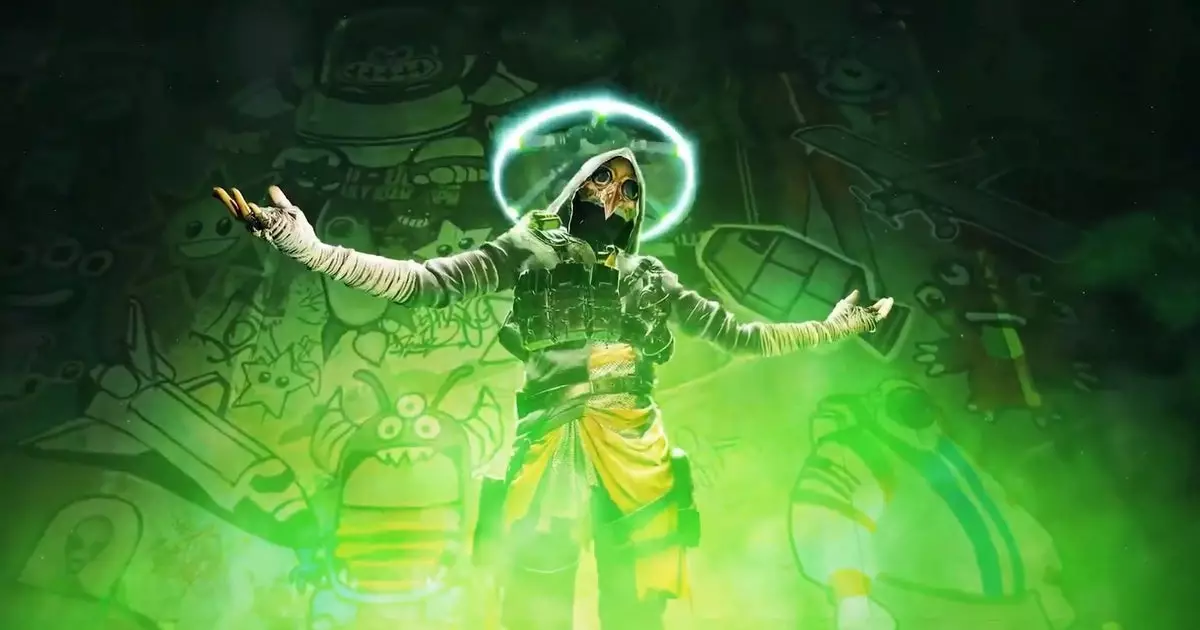In the ever-evolving landscape of video gaming, especially in the competitive realm of free-to-play first-person shooters (FPS), success often hinges on player engagement and retention. Unfortunately, Ubisoft found itself unable to meet these crucial benchmarks with its PvP shooter, XDefiant. The decision to discontinue the game has led to significant consequences, including the layoffs of approximately 277 employees across various studios. This article will delve into the implications of this decision, the inherent challenges of the games-as-a-service model, and the wider ramifications within the gaming industry.
Ubisoft has publicly acknowledged the challenges it faced with XDefiant, expressing in a statement from Marie-Sophie de Waubert that the company historically struggled to attract sufficient players to compete effectively within the demanding free-to-play FPS market. Such transparency is commendable but highlights the grim reality that many developers face: even established companies with substantial resources can falter in bringing a title to life that resonates with gamers.
The struggles faced by XDefiant are symptomatic of broader industry challenges. The free-to-play model has become incredibly saturated, with countless offerings vying for player attention. Players have become discerning and often reluctant to switch investments from their established favorites, rendering it exceedingly difficult for newcomers like XDefiant to find their footing. Despite promises for updates and improvements, the audience already seemed disengaged, leading to XDefiant’s eventual demise.
Not only does the closing of XDefiant signify the end of a project, but it also has dire implications for the employees involved. Over 270 workers across Ubisoft’s studios in San Francisco, Osaka, and Sydney are facing job loss—an outcome that significantly disrupts lives and livelihoods. The manner in which Ubisoft is communicating these layoffs, using terms like “departing” instead of “fired” or “laid off,” reveals a corporate gloss that fails to recognize the personal repercussions of such decisions.
It’s critical to consider the impact of job loss not just on the individuals who are let go, but on team dynamics and the creative health of the remaining employees. Those who remain, although able to transition into different roles within Ubisoft, are now tasked with enduring the aftermath of this closure and facing potential morale issues stemming from uncertainty about their job security.
Ubisoft’s commitment to the games-as-a-service model emerges as a central theme in the aftermath of XDefiant’s closure. While the company continues to believe in this approach, as highlighted by de Waubert’s statements, the question remains whether this model will continue to thrive in its current form. XDefiant’s inability to carve out a persistent audience raises doubts about future titles developed under similar parameters.
In light of the closure, it’s notable that Ubisoft has worked previously to support and revitalize struggling projects—namely, Rainbow Six Siege and For Honor. These games experienced tough starts before eventually encountering greater success through dedicated patches, updates, and community engagement. However, the circumstance of reinventing a title like XDefiant does not appear on the horizon, leading to speculation that Ubisoft may regard this closure as a final attempt to reassess its internal strategies rather than salvage the game.
In the wake of this decision, the broader gaming community will undoubtedly pay close attention to Ubisoft’s next steps. With XDefiant’s servers remaining operational until June, including its ongoing content updates, the company seems determined to provide at least a limited farewell to its players. However, the cancellation leaves many questions unanswered: how will Ubisoft rebuild trust with its community, and will lessons learned from this setback inform the design of future titles?
As the company grapples with the fallout from XDefiant, the gaming industry reflects on the ramifications of failed projects. The realities of market saturation, player expectations, and the sustainability of business models must lead to strategic reevaluations across the industry.
The story of XDefiant serves as a cautionary tale that underscores the precarious nature of game development in today’s dynamic market. As Ubisoft emerges from this experience, it must take intentional steps to regain confidence—not just from consumers, but from its own workforce—if it intends to foster a more resilient future in the gaming world.

